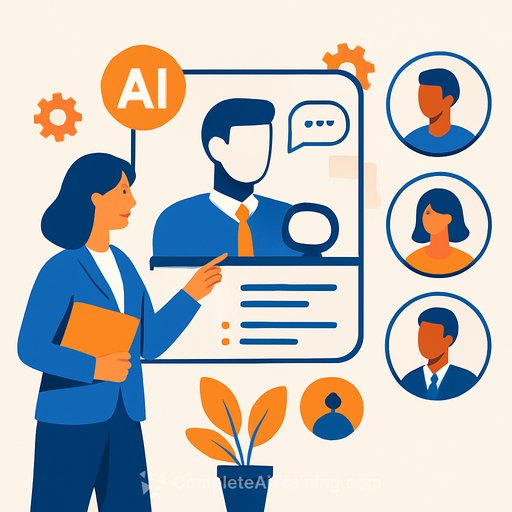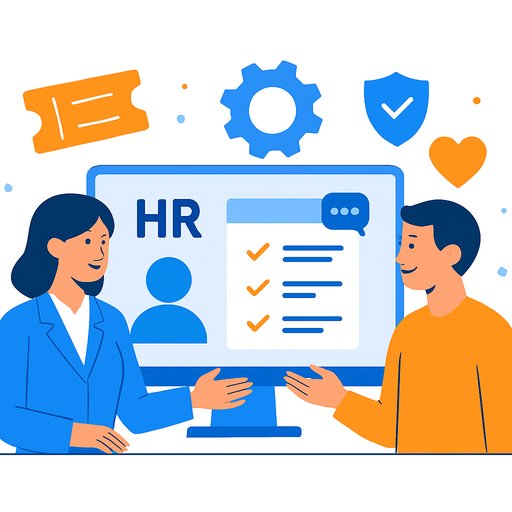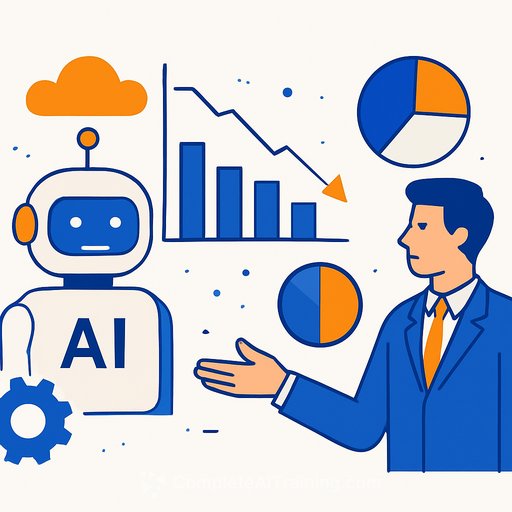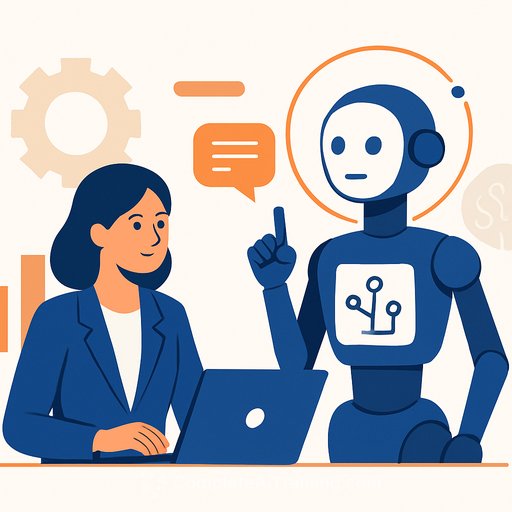AI-Powered Productivity: Human Resources
Human Resources' Growing Demand for AI-Driven Automation
Is your talent strategy prepared for the changes AI will bring? Over the next two years, human resources will experience its most significant shift in decades. This evolution moves beyond basic digital tools toward intelligent automation fueled by AI. For leaders, the main question is no longer if AI will impact HR, but how quickly and effectively they will adapt.
Recent data shows that while many executives are just beginning to use AI for workforce analysis, adoption is set to surge. By 2027, most HR professionals will enhance their teams with advanced AI tools, and some will experiment with fully autonomous automation. Priority areas include recruitment, talent acquisition, and employee self-service, all focused on streamlining operations, increasing efficiency, and delivering a more personalized employee experience.
The Rise of Agentic AI: Autonomous Intelligence in HR
The key driver of this transformation is agentic AI. Unlike traditional AI that responds only to commands, agentic AI operates autonomously. It analyzes historical data on turnover, promotions, and performance to predict workforce needs with high accuracy.
Picture an HR function that doesn’t just react to talent gaps but anticipates them, offering clear recommendations on recruitment, training, and development. HR leaders expect that over half their workforce will require upskilling to keep pace with these changes. Rather than shrinking teams, a slight increase in headcount is expected due to shifting roles and emerging specializations.
Early adopters report that AI agents analyze large datasets and convert them into insights that optimize benefits, improve compensation plans, and integrate employee feedback more effectively. This marks a shift from reactive HR support to a proactive contributor to business success.
Virtual assistants powered by these AI agents are also set for an upgrade. They will handle more than basic queries, serving as a unified platform for employees to manage tasks from travel bookings to detailed compensation analysis. This allows HR professionals to focus on strategic priorities and meaningful human interaction.
Productivity Gains, Skills Development, and Workforce Evolution
The benefits of this shift are clear. Research projects a 35% increase in productivity, a 30% improvement in training effectiveness, and a 20% rise in retention rates. Employee sentiment also shows noticeable improvement.
This change requires new skills, and many organizations are turning to external experts to implement and manage AI initiatives. High outsourcing rates reflect a recognition that specialized knowledge is critical for success.
- Streamlined recruitment and talent acquisition
- Proactive workforce forecasting using agentic AI
- Enhanced employee self-service and virtual assistance
- Significant productivity and retention improvements
- Increased focus on upskilling and evolving roles
To learn more about AI’s impact on HR and how to prepare your workforce, explore detailed resources and training options at Complete AI Training.
Your membership also unlocks:






